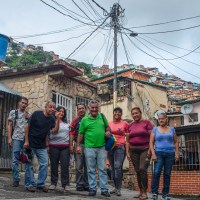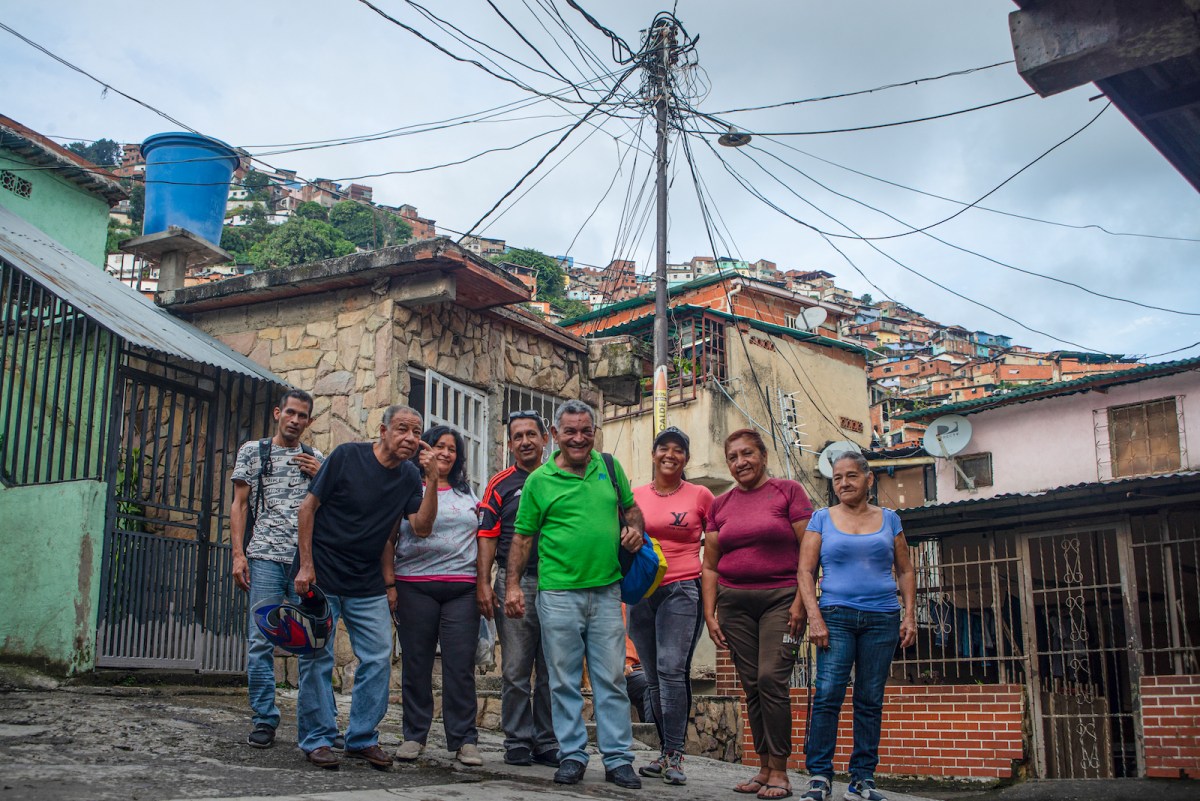“Hello everyone! Hey Cheo! How are you today? Eliza! How are you doing with the operation? Teresa! Please give me a hug!” Lenin moves through the gathering with his usual energy and spirit of welcome.
“You,” he continues, “you…I don’t know you.” Lenin hasn’t forgotten the name of one of our friends in this community. He is experiencing one of the best parts of La Silla, an extremely vulnerable community built clinging to a mountainside in the capital region—every time we go to La Silla we see new faces.
Although we coordinate our meetings with the initial group of leaders who introduced us to their community, with each passing week new people from all parts of the community join in. Sometimes there are eight of us, today there are more than 30 people, each one wanting to contribute ideas, proposals, and to offer their work without expecting anything in return.
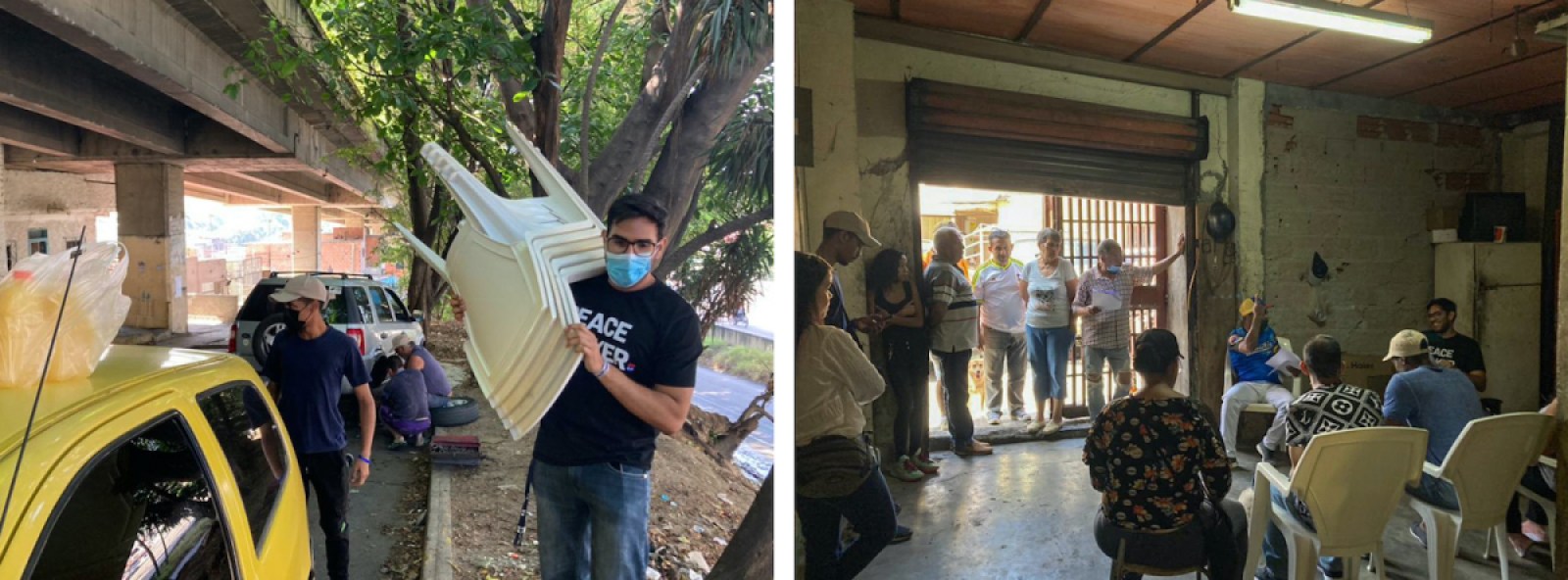
Every group seems to have one person who is the glue that holds everything together. In La Silla, that person is Elizabeth.
Elizabeth is a leader. “She moves the masses,” her friends say laughing. The day we asked for 10 volunteers to carry out assessments, 30 showed up.
Elizabeth is honest. When we were talking about the medical clinics we help to bring to her community, she said without mincing words, “These medical days are just a hot compress—they don’t solve the problems of our community. We also want people to be treated in a medical center.”
Elizabeth has a heart of gold. Her best friend and co-worker, Teresa, tells her that she is the worst lawyer in the world.
“She writes documents for people and never charges them,” Teresa says.
“How can I charge the relatives of prisoners?” asks Elizabeth in return, who visits prisons on a regular basis.

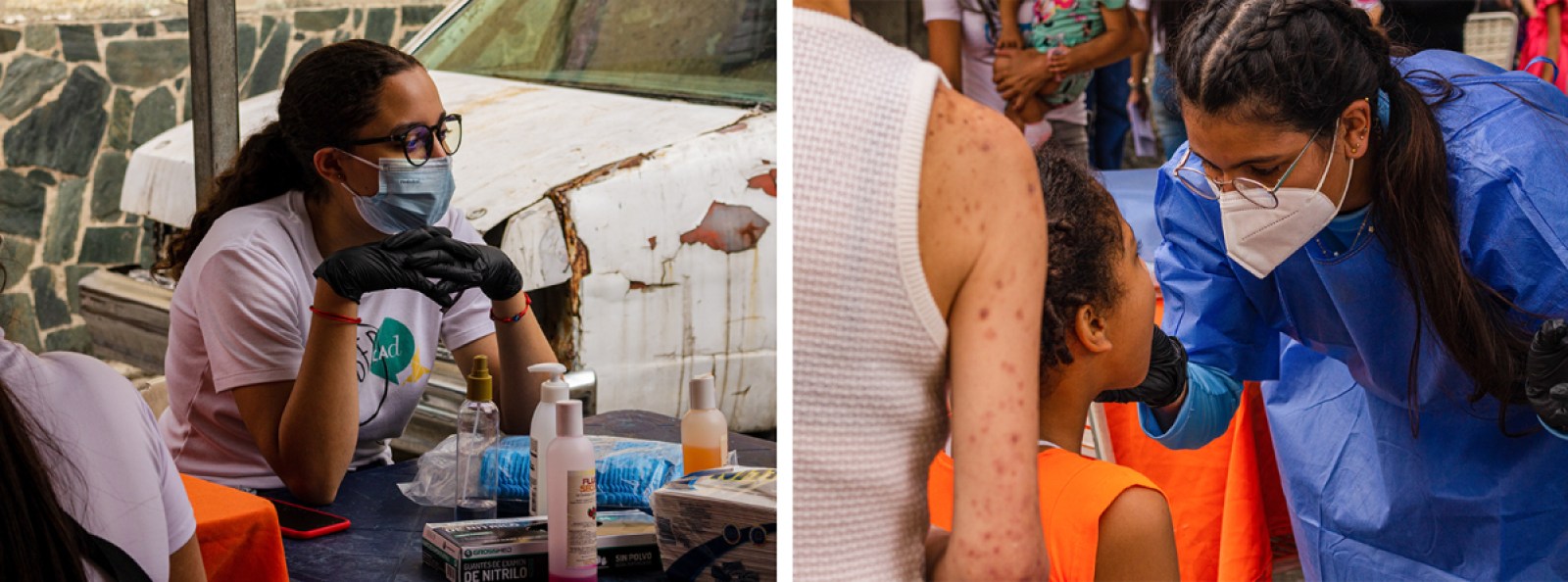
Elizabeth puts people over problems. Last week, she and her husband took a child who was convulsing at 10 pm to a hospital. They did it on their motorcycle because none of their neighbors with cars volunteered for the task.
Elizabeth is generous. She does things for her community and not for money. On our last visit, neighbors would knock on her door and she would offer them bread and coffee that she had bought for us. She has had homeless people stay in her home, in what is arguably one of the most dangerous areas of the country.
Elizabeth is intelligent and thinks strategically. She likes cartography, so the other day she showed us a map of her community and pointed to the small fraction we have visited so far. We still have a long way to go!
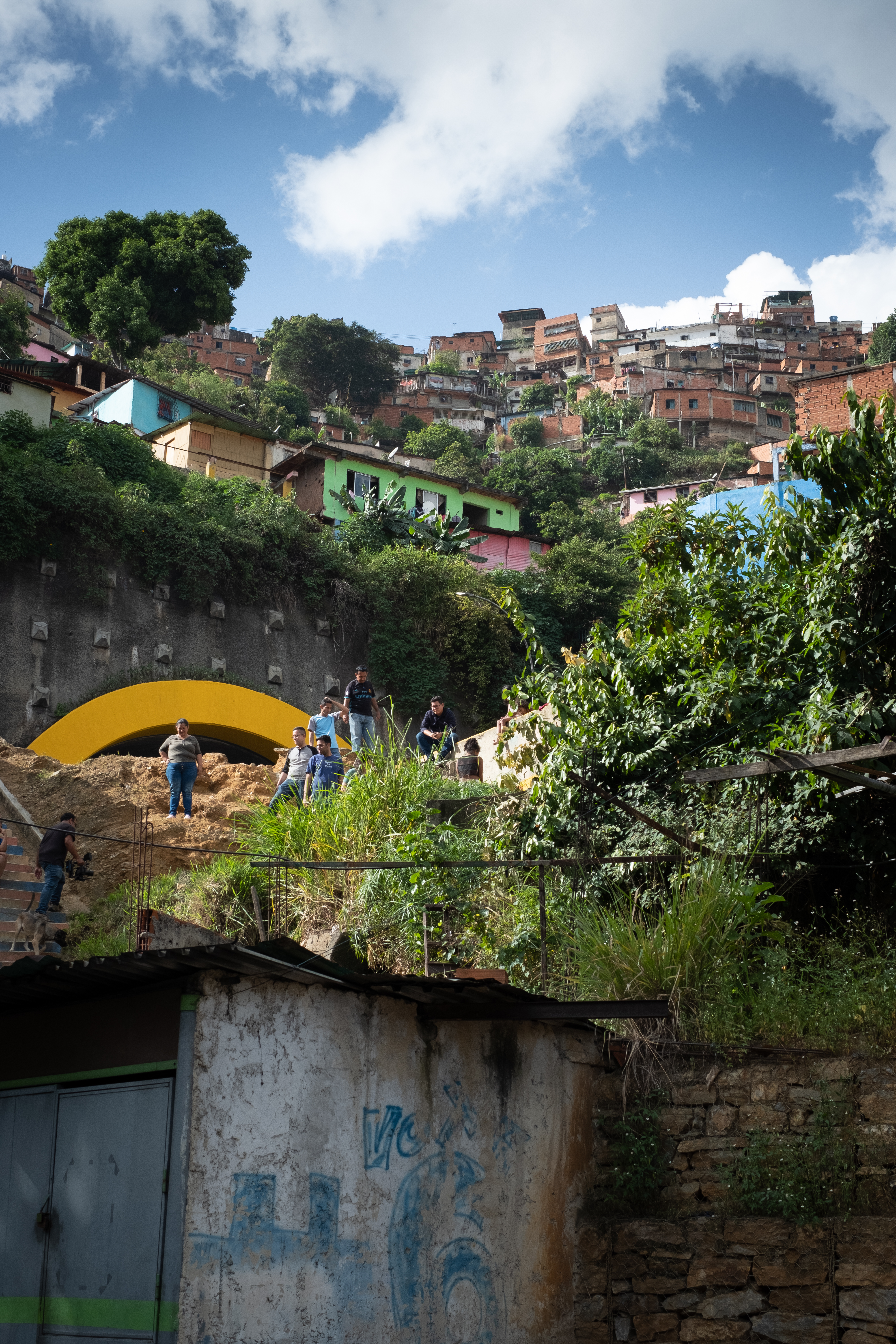
Elizabeth is relentless! Not satisfied with measures that help, but don’t solve core issues, she is leading the charge to start a jobs program here—something we’re laying the groundwork for now.
There are countless others in this community we would love to introduce you to. There is Ronny, our guide in the community, who knows all the neighbors and has a word of encouragement for everyone. There is Juan and his improvised sports school for children. I want you to smile when you see all the neighbors on a street working to raise the wall of a house that fell down because of the rain.
This is one of the most dangerous places in the world, and yet there are smiles, a helping hand, and solidarity. If you take the time to listen to their lives, they will change the story you tell yourself about Venezuelans.
These community leaders know exactly what is needed to change the story of this place where little opportunity exists. We have the privilege of walking alongside them as they do it.

